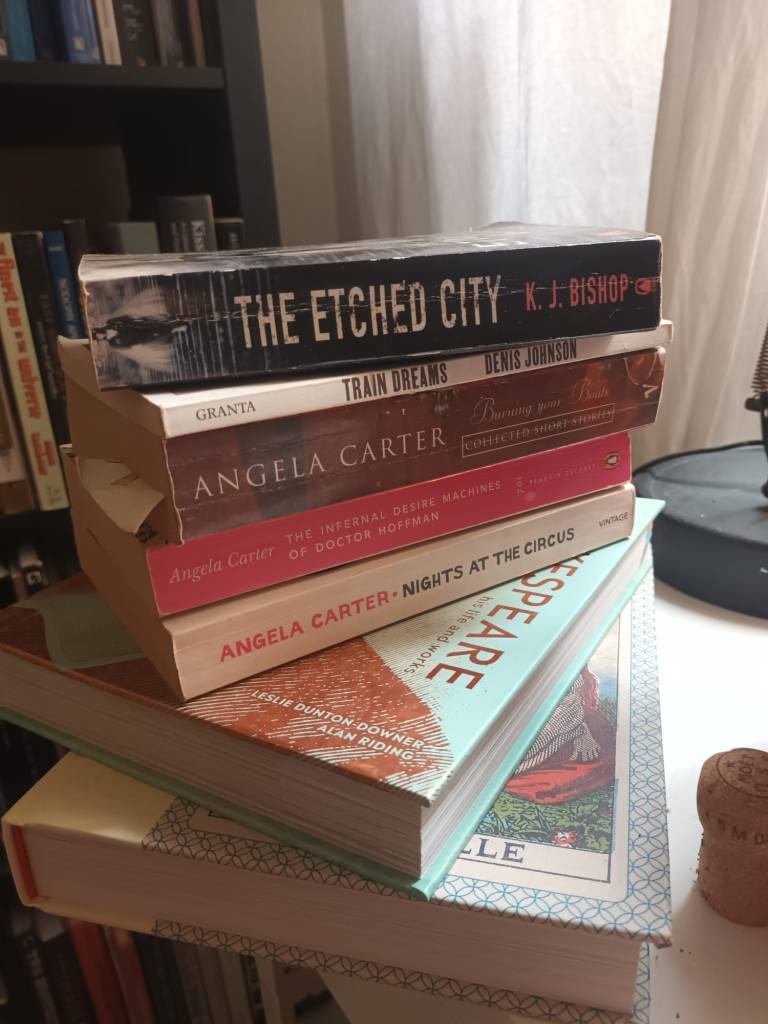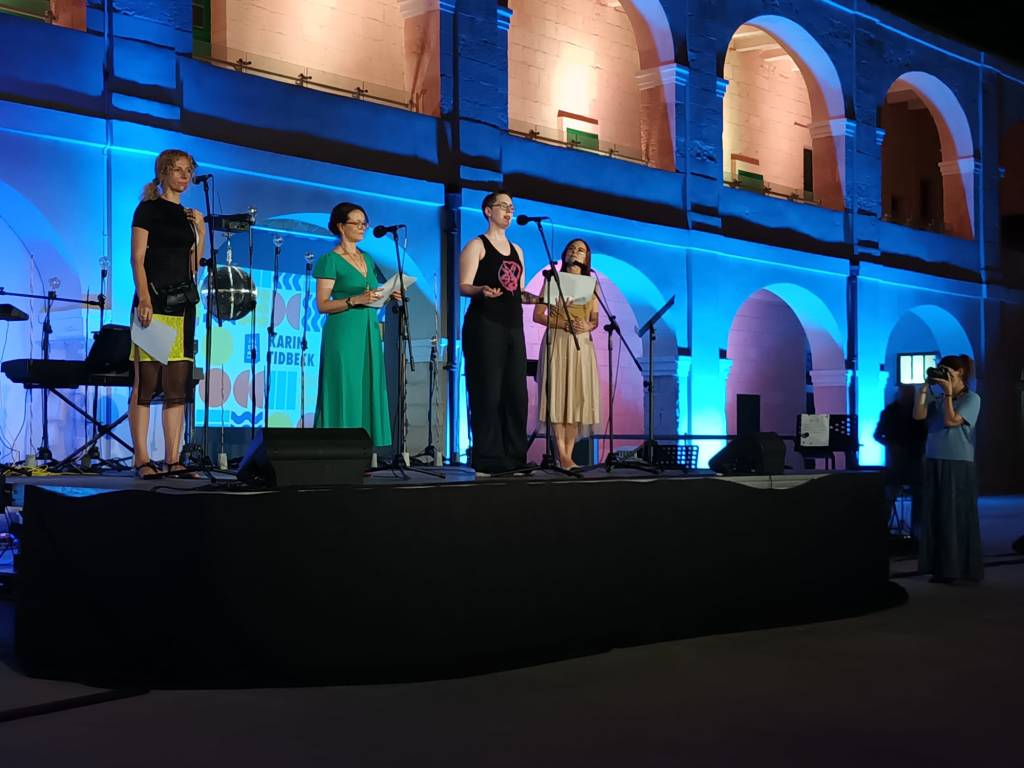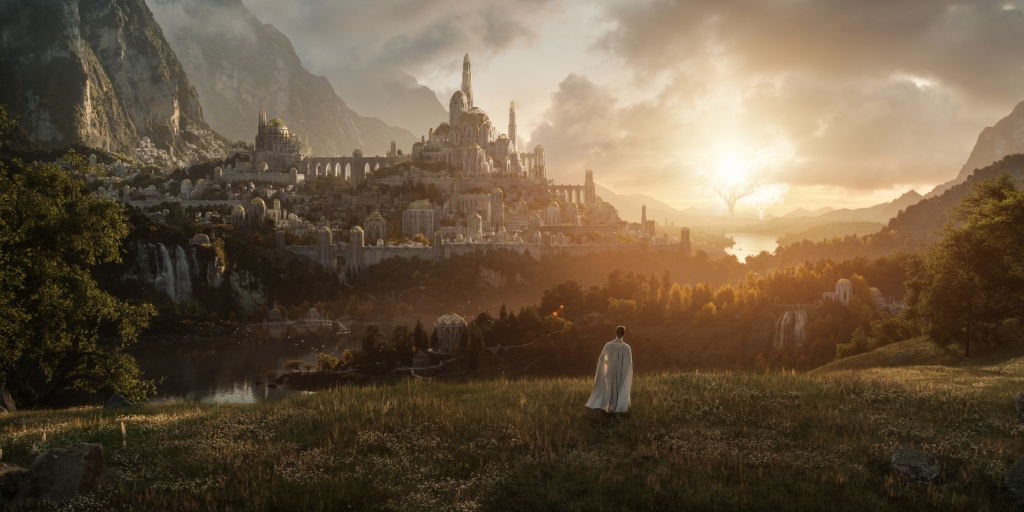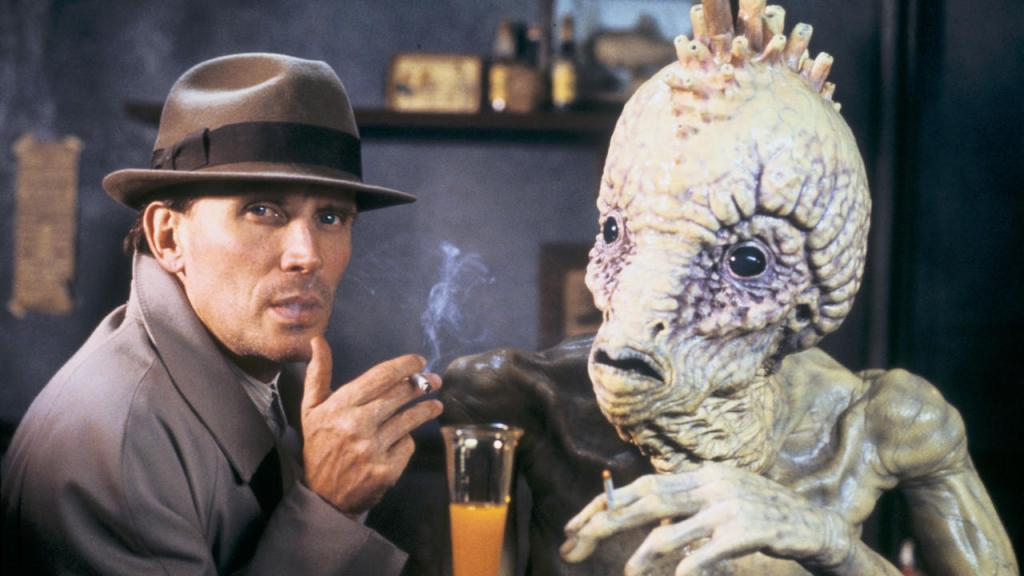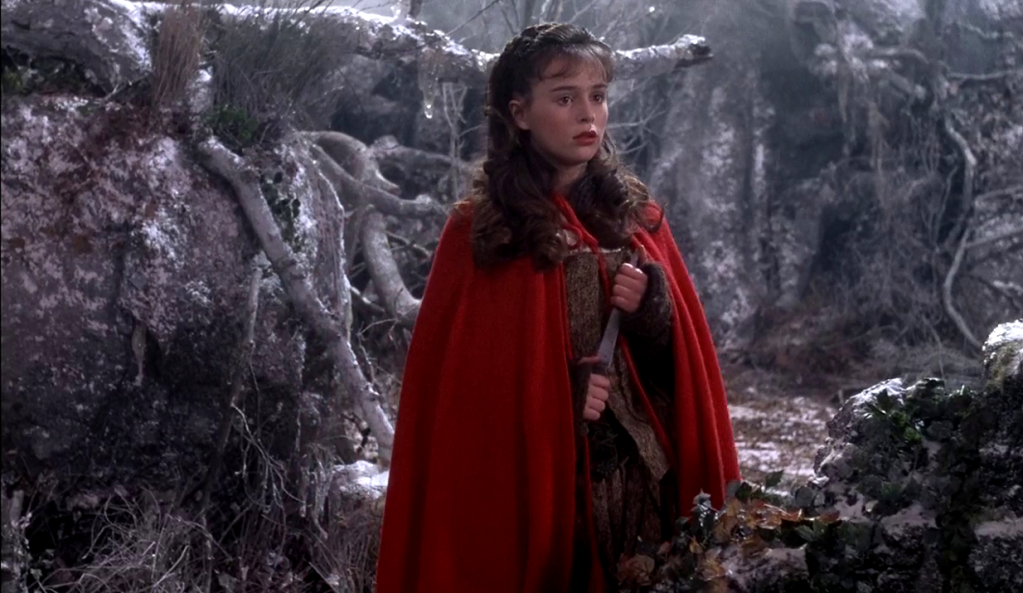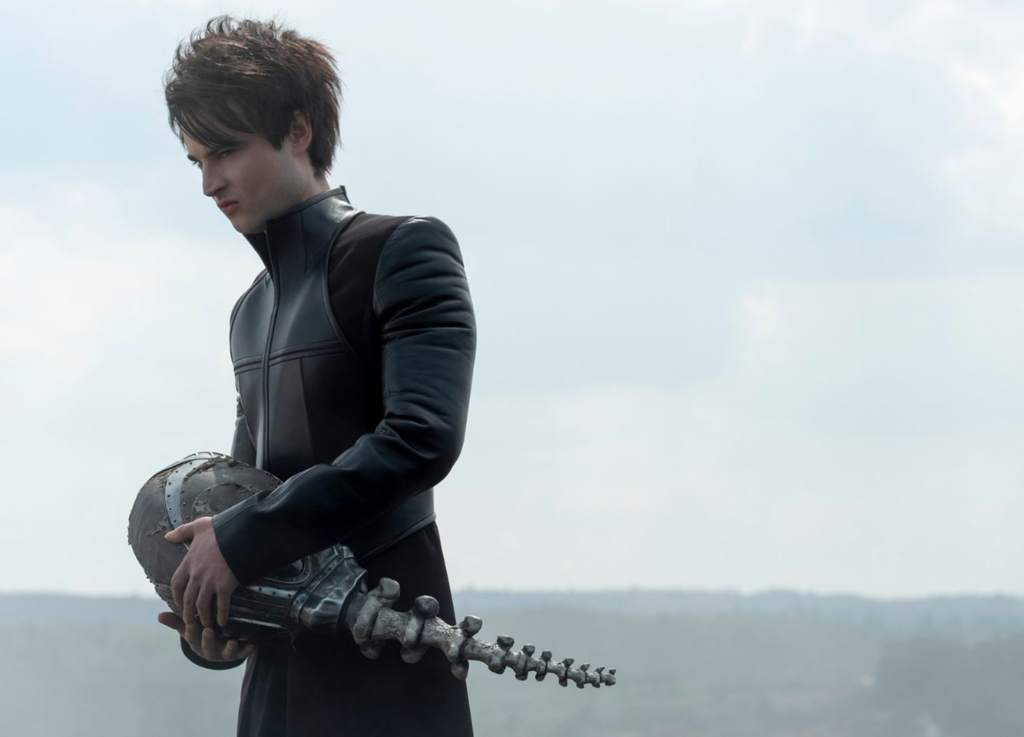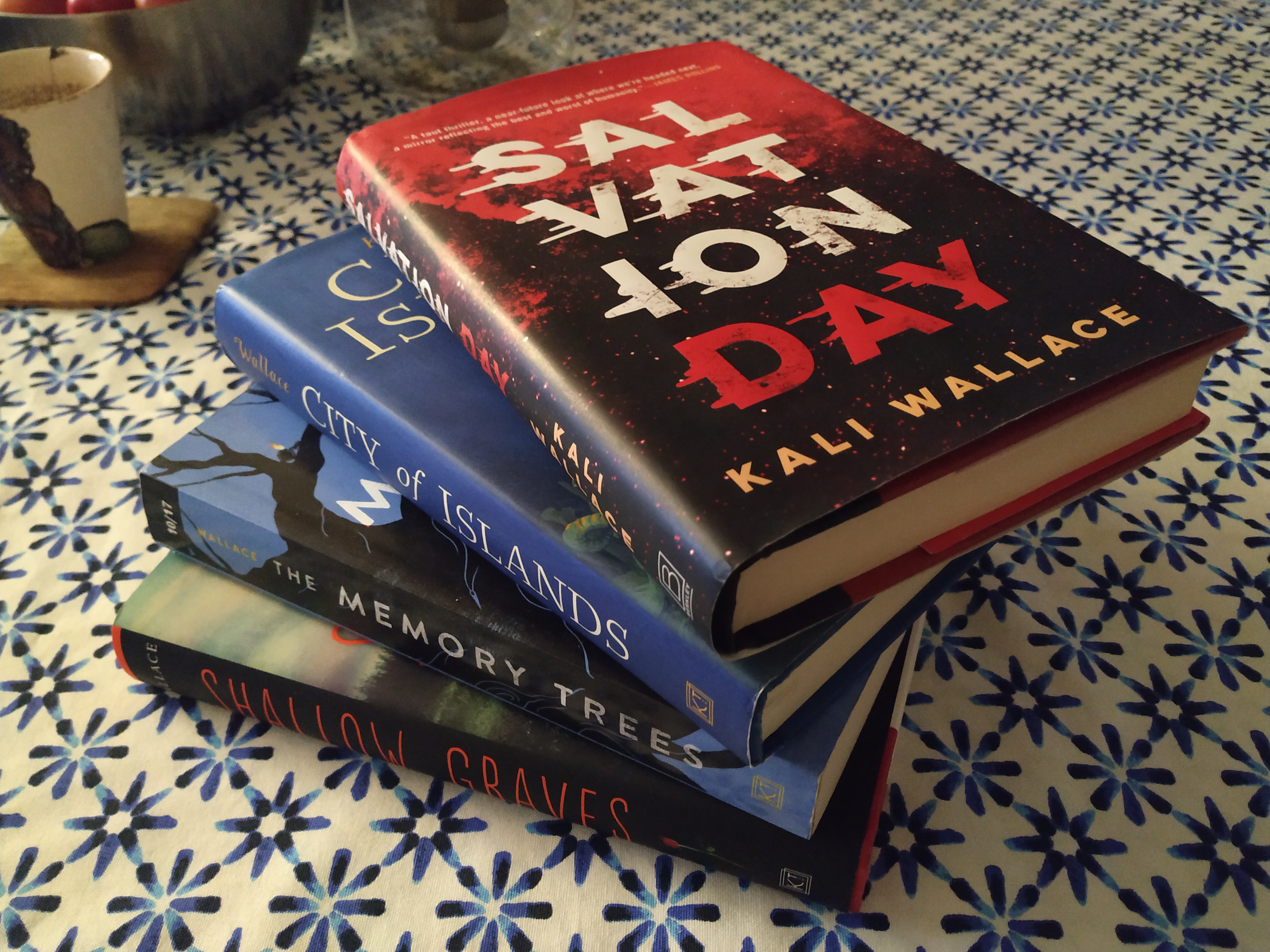I’ve just finished reading The Talented Mr Ripley for the first time and I can’t help but think of the story as being essentially about what it takes to carry a narrative to full term.
I remain convinced that Patricia Highsmith was essentially transferring the challenges of writing a novel onto a character who has no qualms about committing murder to further his hedonistic aims, but who is then also burdened with having to cover his tracks after the deeds have been done.
Like an author of fiction, he responds to creative prompts emerging from aspirational ideas of aesthetic fulfilment: here, compare the novelist’s desire to craft a masterpiece that recalls and respects their aloof influences and predecessors, with Ripley’s murderously driving urge to be in a position to soak in the fruits of high culture at his own leisurely pace, no matter the cost.
But what follows after you’ve responded to the initial call is the far more careful and laborious work of follow-through, where impulse must be supplemented with a quick-thinking application of intelligence, sensitivity and rigour.

I’ve never watched any of the Ripley film/TV adaptations — I was waiting to finish the book — but of course I was familiar with the overall premise by osmosis. What surprised me about Highsmith’s novel when I finally got down to it was how prone to emotional hissy fits Tom Ripley is, against the calculating, Hannibal Lecter-style sociopath that I had previously pictured. It’s like he does actually have the full range of human emotions at his disposal. He just parcels that energy out in a way that’s generally at odds with how you and I would manage it.
This aspect of the story speaks to how artists — we’ll consider writers as the main focus here — will tend to isolate themselves by proxy, at least while they’re cultivating and executed any given work. I’m not pushing the misunderstood, outsider artist cliché here — I have good reason to be deeply sceptical of that cultural trope — but it’s true that a certain degree of observational distance is necessary for an artist to really focus and get stuck into the work.
And for writers, in particular, this can take on the tenor of detached people-watching. You’re putting characters in your story, and characters are proxy humans who need to feel more human than human for the reader: the reader will, in fact, be compelled to become one and the same with them for the book to really live up to the full potential of the phenomenon of fictional narrative… in exactly the same way that Ripley assumes and then subsumes Dickie Greenleaf’s entire persona (an act of cannibalism so insidious it may even make the aforementioned Mr Lecter blush).
Which means that while the people you’re watching go about their routines, your own will be thrown off-piste for a bit, and you’ll be venting either through the characters you’re puppeteering, or in oblique ways and habits that will register as strange to the outsider.
But much like Tom Ripley’s own ‘bliss of evil’, there is something to be said about the plan finally coming together. Putting Tom’s shocking callousness to one side — which you will as you’re reading anyway, because Highsmith is a master at all of the above — the pleasure of the novel comes with watching with morbid fascination at how our man not only covers up the bodies, but spins a story that convinces everyone: from an international array of law enforcement officials down to the victims’ nearest and dearest.
Like any writer worth their salt, Ripley knows what makes his cast of characters tick, and he knows when to tug at their strings and when to release. The most naked display of this allegory comes to the fore not through Ripley the murderer but Ripley the letter-writer. That’s when his cunning and skill at manipulation reveals the author’s brain at work.

The pen is mightier than the sword, indeed: or rather, it can serve as the civilised supplement to the sword’s blunt-force damage; providing an escape hatch from the animal realm of the murderous impulse and back to the showered, shaven and fragrant world of the cocktail-sipping chattering classes.
Of course, no novel is perfect, and neither is Ripley’s plan. Rerouting and improvisation is often necessary, and the utter unravelling of this delicate tapestry is never not on the table.
Consequently, another constant is the intermittent reappearance of blind panic: that demonic pulse at the core of us all — writers included — which beats out a tattoo that says ‘why did you even attempt this? It’s built to fall apart, and you know it’.
The fact that Ripley gets away with it means that Highsmith has given us a perennial cheerleader for our projects. If you’ve looking for a pep talk to motivate you while you plough through your drafts but (rightly) have no truck with superficial slogans and toxic positivity, the talented (and hardworking) Tom Ripley might just be your man.
